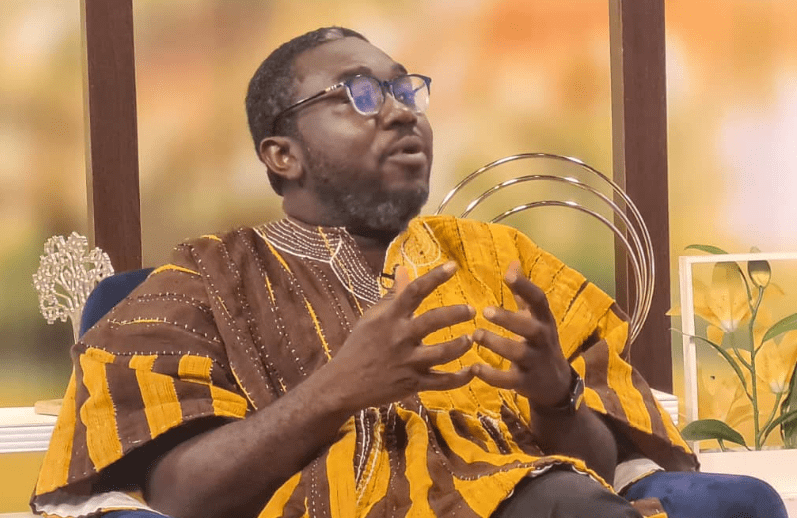
When President John Dramani Mahama mounted the podium at the 80th United Nations General Assembly (UNGA) in New York, he delivered a bold and far-reaching speech. He urged African nations to become more self-reliant, asserting that in a changing global order, Africa can no longer depend on traditional aid.
In his address, Mahama highlighted a dramatic 40% drop in humanitarian assistance to Africa since July 2024 and made a compelling call: “Africa must look within to mobilise its own resources.”
He emphasised sovereignty over natural resources, stressing that “the days of parceling out vast concession areas to foreign interests must come to an end.”
While Mahama was making these powerful statements on the global stage, Ghana received a sobering reality check at home.
A newly released World Bank report titled: “Transforming Ghana: Policy Notes,” presents a grim assessment of Ghana’s economic state.
Despite years of economic growth, over a quarter of Ghanaians remain in poverty, with income per capita stagnating at around $2,200 for more than a decade.
The report warns that inequality is worsening and that Ghana’s overdependence on natural resources such as cocoa, gold and oil, has left the economy vulnerable and insufficiently diversified.
Crucially, the report projects that Ghana’s poverty rate will rise significantly to 51.2% by 2027 (based on the lower-middle-income poverty line), while extreme poverty is expected to reach 26.9%.
This projection reflects not only the aftershocks of the COVID-19 pandemic but also decades of limited structural transformation and weak job creation.
Yet, the report is not without hope. The World Bank outlines a path forward, one in which Ghana could triple per capita income by 2050 and sustain growth rates above 6.5% per year, but only if the country undertakes comprehensive reforms in education, skills training and economic diversification.
Since independence in 1957, Ghana has turned to the International Monetary Fund (IMF) seventeen times, spending nearly four decades under its supervision.
This repeated dependence reflects a pattern of chronic economic mismanagement and a failure to implement lasting, homegrown solutions.
Instead of building resilience, successive governments have relied on short-term external support, ignoring the tough reforms needed to stabilise and grow the economy sustainably.
Ghana’s job market remains stagnant, youth unemployment is rising and the cost of living has become unbearable.
Even as the cedi shows signs of stabilising, prices remain high, and purchasing power continues to shrink. Millions of Ghanaians now struggle to live above the $3.65-a-day poverty line.
The Chronicle commends President Mahama for his speech, which many have likened to the visionary declarations of Osagyefo Dr. Kwame Nkrumah.
His call for Africa to define its own development agenda is timely. However, rhetoric alone is not enough.
The late Prof. Kwesi Botchwey, one of Ghana’s finest finance ministers, once warned that poverty would overwhelm the nation if sound economic planning was not prioritised. That warning has never been more relevant.
Ghanaians have voted consistently since 1992 with hope for progress. But instead of lifting citizens out of poverty, governance has often failed to deliver.
From illegal mining to cybercrime and rising inequality, the social consequences of economic failure are increasingly visible.
These hardships raise urgent questions: Are Ghanaian leaders truly thinking beyond the next election? Do they genuinely prioritise the people who vote them into power? Why has it been so difficult to break the cycle of poverty and under-development?
Are our political leaders willing to confront the hard truths needed to rescue the nation’s economy?
It is time for our leaders – past, present and future, to think beyond elections and act in the national interest.
The World Bank’s findings should serve as a final alarm bell. Ghana must break its cycle of economic fragility by investing in people, reforming outdated systems and ensuring that development is inclusive and sustainable.
President Mahama’s speech laid an important foundation. The next step must be action because the hardship on the ground is real and time is not on our side
The post Editorial: Government Must Urgently Address Rising Poverty In Ghana appeared first on The Ghanaian Chronicle.
Read Full Story











Facebook
Twitter
Pinterest
Instagram
Google+
YouTube
LinkedIn
RSS